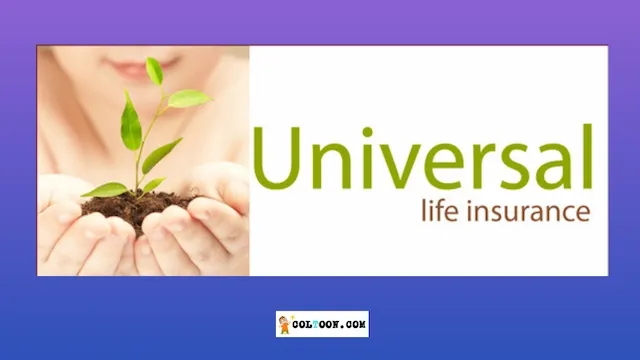Wise insurance shoppers will consider benefits of Universal life insurance prior to making a final selection.
In certain situations, life insurance that never expires is an important part of the financial portfolio. Some financial advisors will favor whole life insurance products because of the long-term needs of the client. A universal policy provides flexibility through the insurance component and investment component that make up the policy. Read also: The Best Life Protection.
- Annual premium – Insurance companies set the premium for the entire life of the policyholder. Age at the time of underwriting is a major factor in the annual premium, which remains constant over the life of the policy.
- Death benefit – The amount of money paid to the beneficiary will remain constant, unless loans are outstanding at the time of death.
- Loan option – Once the cash value has reached a certain amount, the policyholder can take the money out of the policy on a tax-free basis.
- Cost of insurance – During early policy years, the cost of insurance is low, which allows the cash value to build faster. As the insured ages, the cost of insurance will increase.
- Commissions – Insurance agents earn up to 70 percent of the first year premium as commission. This expense against the policy increases the cost of a Universal life policy.
Advantages of Universal Life Insurance
Each type of life insurance offers various advantages to the policyholder. The personal needs of the insured must determine which type of policy is purchased. Universal life offers some distinct advantages. Read also: Why Seniors Need Life Insurance?
- Permanence – As long as premiums are paid, the insurance company cannot cancel the universal life policy. The insured is covered up to the age of 100.
- Flexibility – The policyholder can make adjustments to the investment component of the policy. Loans can be taken against the policy to meet other needs.
- Cash value – Funds in the investment component will earn interest. The insured has the option to borrow funds.
- Tax-deferred – Taxes are not paid on the cash value of the policy or the loans that are withdrawn from the policy.
- Affordability – Since the premiums never change, the policy remains affordable as the insured ages.
Types of Universal Life Insurance
Unique insurance products were developed to address specific needs of the life insurance market. Each type of Universal life offers distinct features. Read also: The Challenge of Finding Life Insurance After a Cancer Diagnosis.
- Universal Life – One person is insured, and the death benefit is paid when the person dies. Insurance and investment components can be adjusted based on the needs of the insured. The cash value can be withdrawn after a certain point.
- Survivorship Universal Life – The lives of two people are insured under the survivorship policy. After the second person dies, the death benefit is paid to the beneficiary. The same flexibility is offered for the policyholders to adjust the insurance and investment components of the policy.
- Joint Universal Life – As a more affordable option, two people are insured under a joint universal life policy. The death benefit is paid when the first person dies.
Reasons to Choose Universal Life
Under certain circumstances, the insurance shopper will see the many benefits of a universal life policy. All insurance decisions must be made after evaluating the lifestyle needs of the family. Cash value in the policy can be used to meet various financial obligations over the course of the policy. Read also: 10 Year Term Life Insurance Strategies.
- Unpaid medical bills – Few people anticipate the need for additional money during a prolonged illness. Cash value in the policy can be withdrawn, or borrowed, to pay medical bills.
- Higher education – College funds are built over a sustained period of disciplined saving. Since the funds are not accessible in the early years of the policy, the savings is available when the children are ready for college.
- Retirement supplement – Additional income during the retirement years can be helpful when other sources are not available.
- Estate taxes – Family property can be saved from devastating tax obligations when the death benefit on a Universal life policy is used to pay the tax obligation.
- Life insurance into the 70s and beyond – Anyone with a need for life insurance coverage late in life will want to sustain the premium payments on the Universal life policy.
Under the right circumstances, Universal life insurance can provide permanent coverage that stays in force as long as the premiums are paid. Proper management of the investment component enables the funds to grow at a steady rate until the money is needed. Long-term needs are met through the investment component of the Universal life policy.


